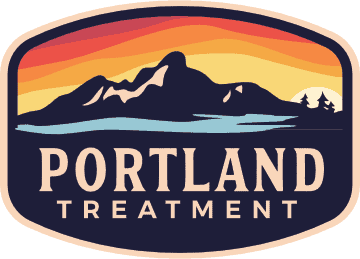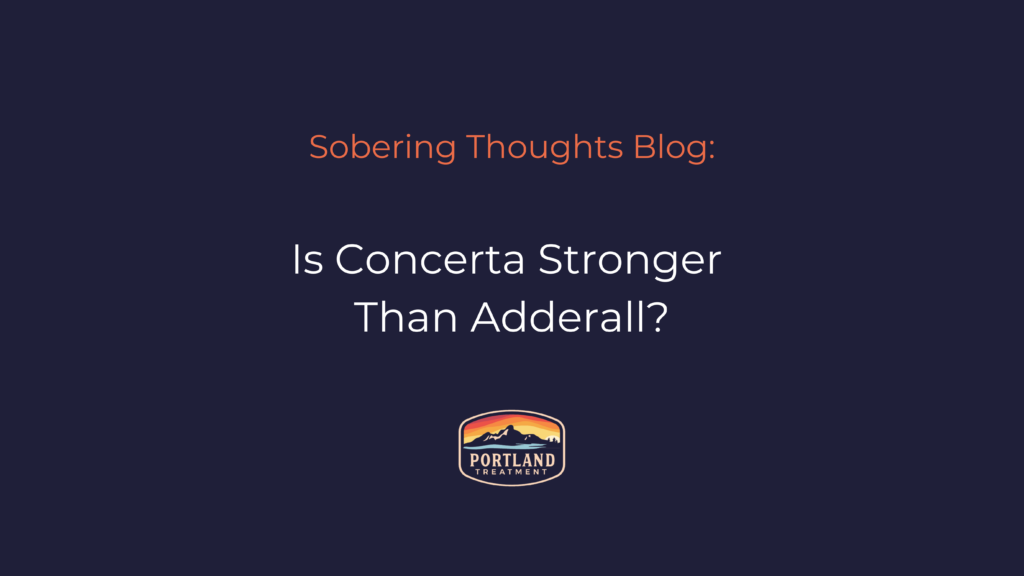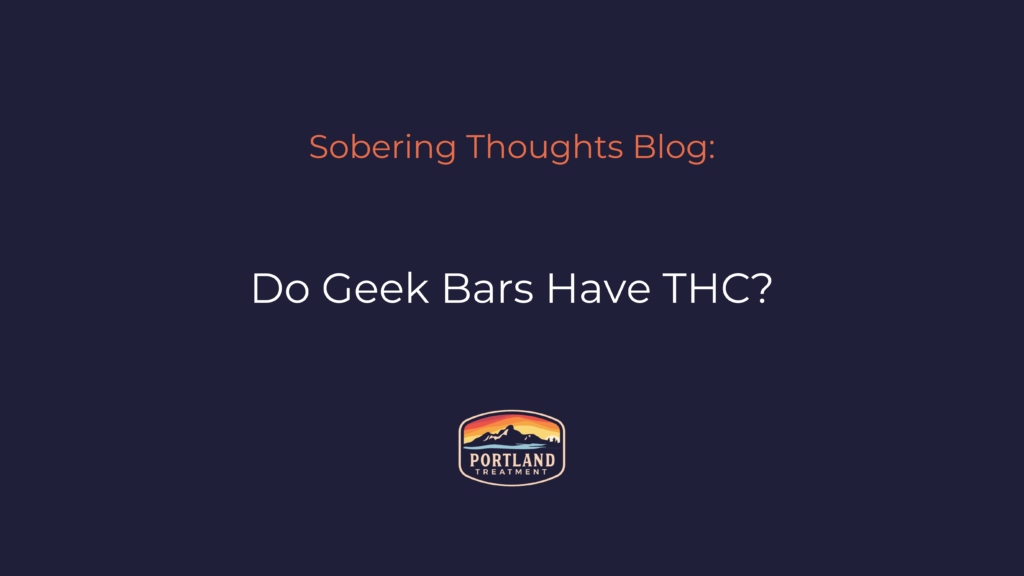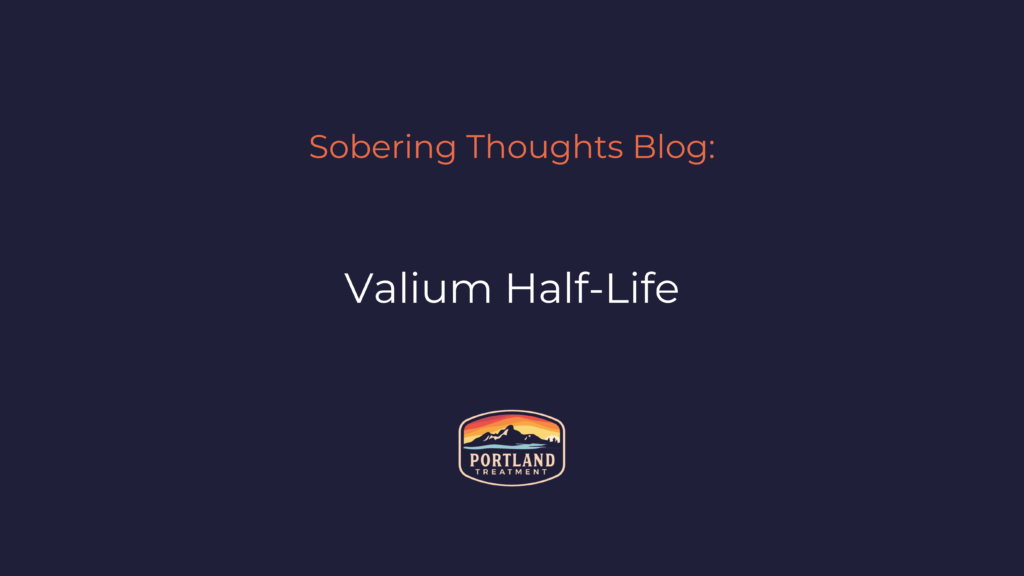Unlocking Top Addiction Rehab Centers in the U.S.
Understanding the Basics of Addiction and Rehab in America
Finding the Best Addiction Rehabs Across America: What to Look For and Key Considerations
Addiction is a severe and multifaceted disease that affects not only the individual but also families, workplaces, schools, and communities. It disrupts vital aspects of brain function, such as reward, motivation, learning, and judgment, creating compulsive behaviors that continue despite harmful physical, mental, and social consequences. Though challenging, recovery is possible with a robust treatment plan, structure, and consistent support. Choosing the right rehab center is one of the most critical steps in the process. The decision requires careful consideration, as not all treatment programs are created equal. Below, we delve into what to look for in a high-quality rehab facility, red flags to avoid, and how to optimize your chances of finding the best addiction treatment centers across America.
What to Look for in a Good Rehab Center
- Evidence-Based Treatment Approaches
The most effective addiction rehab programs are built around evidence-based therapies that are backed by years of clinical research. These include Cognitive Behavioral Therapy (CBT), Dialectical Behavioral Therapy (DBT), Medication-Assisted Treatment (MAT), and trauma-informed care. Evidence-based treatments address the psychological, emotional, and physical aspects of addiction, offering a comprehensive approach to recovery. Look for facilities that clearly outline their use of science-backed methodologies and how they individualize treatment based on patient needs. - Experienced and Licensed Staff
A reliable rehabilitation center will employ credentialed professionals, such as board-certified addiction specialists, psychologists, psychiatrists, licensed substance abuse counselors, and medical staff trained in addiction medicine. Verifying the qualifications of the staff is essential; having access to a multidisciplinary team ensures that clients receive the highest level of care. - Personalized and Comprehensive Treatment Plans
Addiction is not a one-size-fits-all condition, and the treatment process should reflect this. High-quality rehab centers provide tailored treatment plans that address the unique needs of each individual. This includes co-occurring mental health disorders (e.g., anxiety, depression, PTSD), specific addiction types (e.g., alcohol, opioids, stimulants), and personal circumstances (e.g., family dynamics, career stress). Comprehensive care should encompass individual and group therapy, life skills training, relapse prevention strategies, and aftercare planning. - Range of Treatment Programs
The best rehabilitation facilities offer multiple levels of care to meet clients wherever they are in their journey to recovery. These programs may include:- Residential/Inpatient Rehab: A fully immersive treatment experience with 24/7 care for individuals needing intensive support.
- Partial Hospitalization Programs (PHP): These programs provide structured treatment during the day but allow patients to return home at night.
- Intensive Outpatient Programs (IOP): IOPs offer flexible scheduling for those pursuing treatment while balancing work or family responsibilities.
- Sober Living Homes: Transitional living environments that provide a structured, substance-free setting after treatment.
- Trauma-Informed and Dual Diagnosis Care
Many individuals struggling with addiction also suffer from underlying trauma or co-occurring mental health disorders. Facilities that specialize in dual diagnosis treatment are equipped to address both substance abuse and underlying conditions at the same time, which is critical for long-term recovery. Trauma-informed care creates a safe and compassionate space for individuals, many of whom have a history of trauma connected to their addiction. - Family Involvement
Addiction impacts not just the person struggling with substance use but their entire family. Rehab programs that incorporate family therapy and education give families the tools to understand addiction as a disease, improve communication, rebuild trust, and create a supportive home environment for long-term sobriety. - Flexible Payment Options and Insurance Coverage
A reputable rehab facility should work with major insurance companies and be transparent about costs. Accessibility is critical—look for facilities that offer payment plans, scholarships, or financial assistance to clients in need. - Accreditation and Certifications
Organizations like the Joint Commission or CARF (Commission on Accreditation of Rehabilitation Facilities) accredit addiction treatment facilities that meet rigorous standards of care. Accreditation ensures that the center adheres to best practices for medical care, safety, and ethical treatment.
Red Flags to Watch Out for When Choosing a Rehab
- Unqualified Staff
Be wary of facilities that employ staff members who lack appropriate licenses or credentials. This could jeopardize the quality of care and your loved one’s recovery. - Lack of Transparency
A reputable treatment center will openly discuss its treatment philosophies, costs, and success rates. If a facility appears to withhold information or promises unrealistic success rates (e.g., “guaranteed cure”), this is a major warning sign. - Limited or Outdated Treatment Options
Avoid facilities that rely solely on outdated or one-dimensional approaches to addiction treatment (e.g., only offering 12-step programs without integrating evidence-based therapies). - Poor Reviews or Reputation
Do your research online, read reviews, and ask about testimonials from former clients. While every experience is unique, consistent patterns of poor treatment practices or unethical behavior should raise serious concerns. - Extreme Costs Without Justification
While addiction treatment can be expensive, pricing should reflect the quality of care and range of services. Ensure that the costs are reasonable and clearly justified, and watch out for “luxury rehabs” that prioritize aesthetics over actual clinical effectiveness.
Top Locations for Quality Addiction Treatment in the U.S.
America is home to many reputable rehab centers renowned for varying treatment philosophies, methods, and specialties. Here are some regions with standout facilities:
- California: Known for luxury rehab centers and cutting-edge practices, destinations in Malibu, Los Angeles, and San Diego offer picturesque settings for recovery while integrating holistic treatments like yoga, art therapy, and mindfulness.
- Florida: Often called the “Recovery Capital of America,” facilities in South Florida (Boca Raton, Delray Beach) deliver evidence-based care, including detox services and outpatient programs within serene environments.
- Arizona: Areas like Scottsdale are known for rehabs that specialize in trauma-focused and dual-diagnosis care, often combining Western medicine with innovative therapies.
- Maine: Centers like Portland Treatment in Maine focus on client-centric care, offering programs like PHP, IOP, and sober living services for long-term success. These facilities often place an added emphasis on creating a close-knit, supportive community to aid recovery.
- Colorado: Rehabs in Colorado leverage the outdoors for experiential therapy and alternative healing, fostering recovery through activities such as hiking, meditation, and outdoor team-building.
Maximizing Your Chances for Long-Term Recovery
Finding a quality addiction rehab facility isn’t just about the programs offered—it’s about finding a center with a philosophy and team that aligns with your needs. Take the time to visit the facility if possible, speak to staff, and review treatment plans thoroughly. Invest in facilities with established reputations, comprehensive aftercare programs, and a supportive alumni network to bolster long-term success. Most importantly, remember that no single path fits every individual. Recovery is a journey, and finding the right rehab program is a critical step toward a healthier, substance-free life.
Exploring Different Types of Addiction Rehab Centers
There are different types of addiction rehab centers across America, each with its unique approach to treatment. However, Portland Treatment in Maine stands out as a comprehensive and reliable rehab center. Providing PHP and IOP along with mental health services, it caters to a wide range of addiction rehabilitation needs. The center does not provide detox services, but it does refer clients to quality detox centers in Maine.
Portland Treatment in Maine also offers sober living in Maine. Sober living homes provided by the center are a crucial part of the recovery journey as they offer a safe and supervised environment for individuals in recovery to practice skills learned in treatment. Residents are provided with opportunities to participate in group therapy and other therapeutic activities, helping them to build a solid foundation for sustained recovery.
The addiction rehab center in Maine utilizes various treatment modalities, such as CBT and DBT, group therapy, individual therapy, and holistic treatments. They are dedicated to providing a holistic approach to addiction treatment, addressing not only the physical aspects of addiction but also the psychological, emotional, and social factors that contribute to substance misuse.
Addiction rehab centers across America are designed to address the diverse needs of individuals in recovery, offering a variety of treatment modalities and programs. Among these, Portland Treatment in Maine is a standout facility, widely recognized for its comprehensive and client-centric approach. Here’s a breakdown of what makes rehab centers like Portland Treatment exceptional, as well as the key aspects to consider when evaluating addiction treatment options:
Types of Addiction Rehab Centers
- Inpatient Rehab Centers
These are highly structured facilities where individuals reside for a specific duration, receiving round-the-clock medical and emotional support. Ideal for severe addictions, residential programs often combine detox services, evidence-based therapies, and holistic treatments to provide immersive care. - Outpatient Rehab Centers
For individuals needing flexibility, outpatient programs like Intensive Outpatient Programs (IOP) or Partial Hospitalization Programs (PHP) are excellent options. These allow patients to attend therapy sessions while maintaining their daily responsibilities. Portland Treatment in Maine is a prime example, offering PHP and IOP programs that blend structure and flexibility, ensuring patients receive the care they need without uprooting their lives. - Sober Living Homes
Often provided as a transitional option, sober living homes offer a safe and supervised environment for individuals post-treatment. Portland Treatment’s sober living facilities in Maine are particularly noteworthy for their structured support and opportunities to practice skills learned during the recovery process. Residents benefit from group therapy, therapeutic activities, and a substance-free environment that helps them build a foundation for sustained recovery. - Holistic and Dual-Diagnosis Centers
Holistic centers focus on treating the person as a whole, addressing physical, emotional, mental, and social aspects of addiction. Dual-diagnosis centers specialize in treating co-occurring mental health disorders alongside addiction, ensuring a comprehensive recovery approach.
Features of a Strong Rehab Facility
When searching for a reliable addiction rehab center, certain qualities set the best facilities apart:
- Holistic and Evidence-Based Treatments:
Programs that use proven modalities like Cognitive Behavioral Therapy (CBT), Dialectical Behavioral Therapy (DBT), and holistic techniques can provide significant benefits. Portland Treatment exemplifies this with its combination of individual therapy, group therapy, and comprehensive mental health support. - Focus on Root Causes:
Addressing not just the physical elements of addiction but also the emotional and social triggers for substance use is crucial. Facilities like Portland Treatment adopt a holistic approach that considers the broader context of addiction, including emotional and psychological well-being. - Aftercare Support:
Long-term recovery depends on consistent and effective aftercare programs. Sober living homes, ongoing therapy, and relapse prevention strategies are critical parts of top-tier facilities. Portland Treatment ensures clients have access to these supportive environments and resources.
Red Flags to Watch For
While many facilities promise excellent care, some fall short. Be cautious of the following warning signs:
- Lack of qualified staff without visible credentials or extensive experience in addiction care.
- Facilities offering “guarantees” of recovery, as addiction treatment is a personalized and complex process.
- Limited or generic treatment plans that don’t account for personal needs or co-occurring disorders.
- Exorbitant costs that focus more on luxury amenities than meaningful therapeutic outcomes.
The Standout: Portland Treatment in Maine
Portland Treatment is highly regarded within the addiction recovery community for its comprehensive offerings. Specializing in PHP and IOP, the center prioritizes individual needs, tailoring plans to fit each client’s unique circumstances. While detox services are not directly offered, clients are referred to trusted detox centers in Maine for the initial stages of their recovery journey.
Additionally, their sober living options are critical for individuals transitioning back into daily life. These homes provide ongoing structure and therapeutic activities designed to help residents strengthen their commitment to sobriety while adjusting to normal life
Top Addiction Rehab Centers Across America
Although there are several notable addiction rehab centers across America, Portland Treatment in Maine stands out as an excellent choice for comprehensive and effective rehabilitation services. It offers a wide range of treatment programs, from PHP and IOP to mental health services. In addition, the center is committed to fostering resilience and self-empowerment among its clients, providing them with the skills needed for long-term sobriety and mental health stability.
Portland Treatment in Maine has a dedicated team of skilled professionals who are committed to providing the highest quality of care. Their approach comprises evidence-based modalities such as CBT and DBT, group therapy, individual therapy, and holistic treatments. Such a versatile approach allows them to cater to the unique needs of each client and ensure a tailored treatment plan that is most effective for their recovery.
The addiction rehab center also offers sober living in Maine, which complements the treatment programs by offering recovering individuals a chance to practice their sobriety skills in a safe, supportive, and supervised environment. This unique offering makes Portland Treatment in Maine a top choice among the addiction rehab centers across America.
How to Access and Afford Addiction Rehabilitation Services
Accessing rehabilitation services begins with recognizing the need for help and reaching out to a reliable rehab center like Portland Treatment in Maine. Their dedicated team will guide you through the admission process, which involves an initial assessment to determine the most appropriate level of care. Once admitted, a personalized treatment plan will be created to address your unique needs.
Affording rehabilitation services can be a concern for many individuals. However, Portland Treatment in Maine aims to provide treatment that is not only effective but also accessible and affordable. They accept most major insurance plans, which can significantly reduce the out-of-pocket cost. For those without insurance, they offer flexible payment options to ensure everyone who needs help can access it.
Even after the completion of treatment programs, the addiction treatment center in Maine continues to support its clients by offering sober living in Maine. This allows clients to transition smoothly back into their communities while maintaining their sobriety. The extended support goes a long way in making the process of recovery more manageable and sustainable.
Long-Term Support and Recovery After Rehab
The journey to recovery doesn’t end with the completion of a rehab program. Long-term support is crucial for maintaining sobriety and preventing relapse. Portland Treatment in Maine is committed to providing such long-term support to their clients. They offer sober living in Maine, where individuals in recovery can continue to practice their sobriety skills in a supportive, structured, and supervised environment.
Additionally, the addiction treatment center in Maine provides various types of therapies, even post-treatment. These therapies, including CBT and DBT, group therapy, individual therapy, and holistic treatments, help maintain the skills learned during the treatment process. They also help individuals cope with the challenges that might arise once they transition back into their daily lives.
Maintaining long-term sobriety is a continual process that requires commitment and a supportive environment. Portland Treatment in Maine understands this and is committed to providing the necessary support that individuals in recovery need to navigate their journey to a healthier, richer, and substance-free life.
In conclusion, choosing the right addiction rehab center is crucial for a successful recovery journey. Portland Treatment in Maine stands out as a reliable and comprehensive choice for individuals seeking to overcome addiction and achieve long-term sobriety. Their dedicated team, wide range of services, and commitment to long-term support make them a top choice among the best addiction rehab centers across America. If you or a loved one is struggling with addiction, don’t hesitate. Reach out to Portland Treatment in Maine today and take the first step towards a healthier, happier life.





